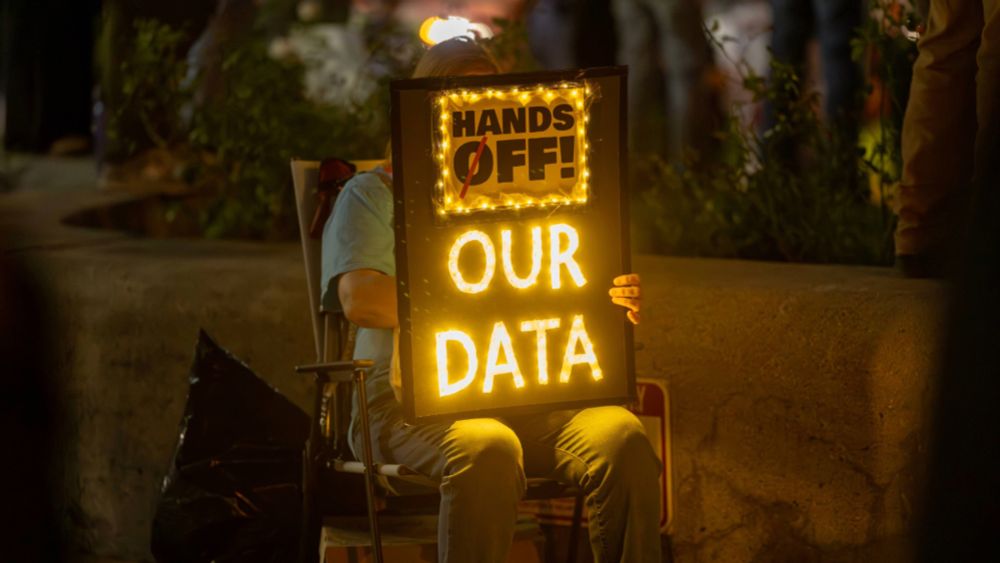Travis Hall
@travisrh.bsky.social
51 followers
120 following
18 posts
Director of State Engagement for the Center for Democracy and Technology. Tech policy and parenting.
Posts
Media
Videos
Starter Packs
Reposted by Travis Hall
Reposted by Travis Hall
Reposted by Travis Hall
Travis Hall
@travisrh.bsky.social
· Aug 14
Travis Hall
@travisrh.bsky.social
· Aug 12
Travis Hall
@travisrh.bsky.social
· Aug 12
Travis Hall
@travisrh.bsky.social
· Aug 12
Travis Hall
@travisrh.bsky.social
· Aug 12
Travis Hall
@travisrh.bsky.social
· Aug 12
Travis Hall
@travisrh.bsky.social
· Jun 6
Travis Hall
@travisrh.bsky.social
· Jun 6
Travis Hall
@travisrh.bsky.social
· Jun 6
Travis Hall
@travisrh.bsky.social
· Jun 6
Travis Hall
@travisrh.bsky.social
· Jun 6
Travis Hall
@travisrh.bsky.social
· Jun 6
Travis Hall
@travisrh.bsky.social
· Jun 6

Throw the AI Regulations Ban out with the Byrd Bath Water
Last Sunday in a surprise move, House Republicans added a provision to the Budget Reconciliation Bill that would place a moratorium on state and local officials enforcing “any law or regulation regula...
cdt.org
Travis Hall
@travisrh.bsky.social
· Jun 6





